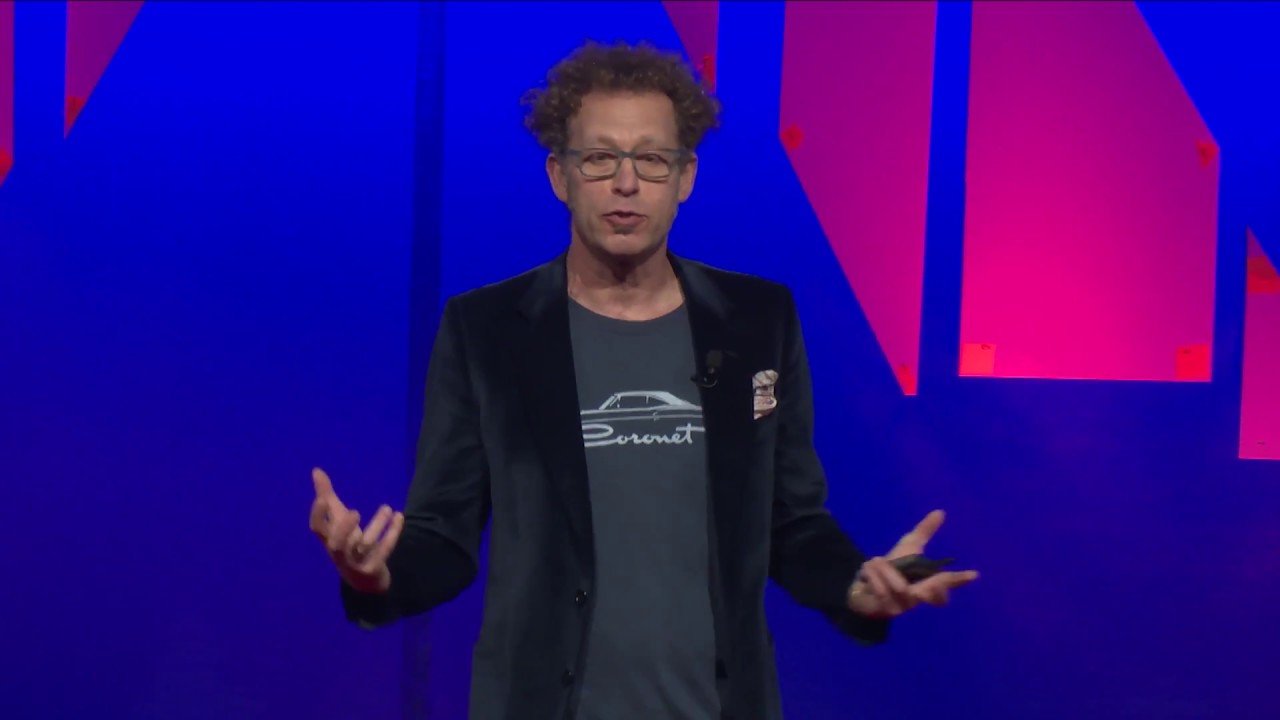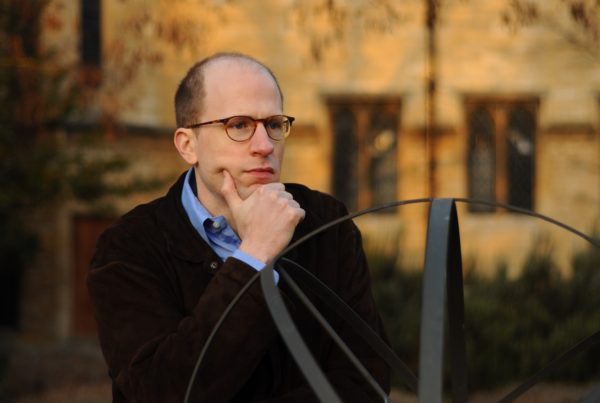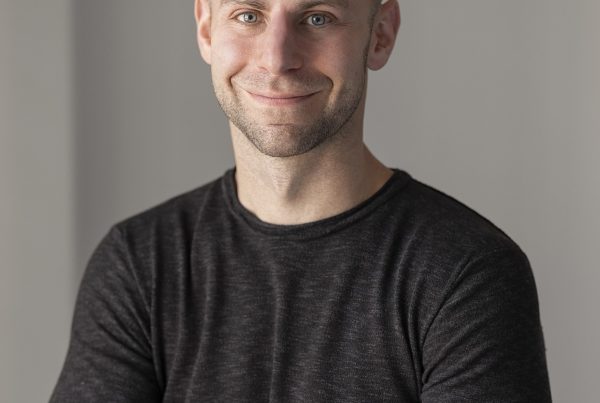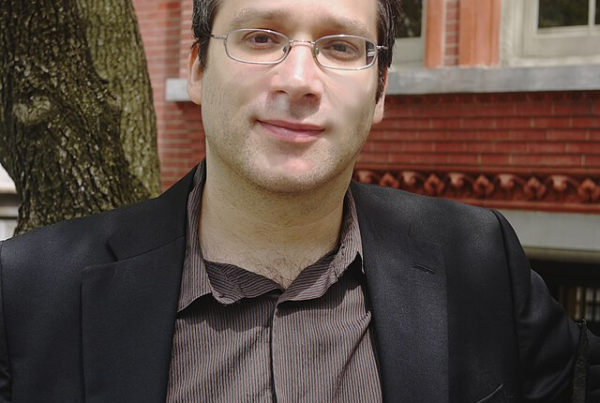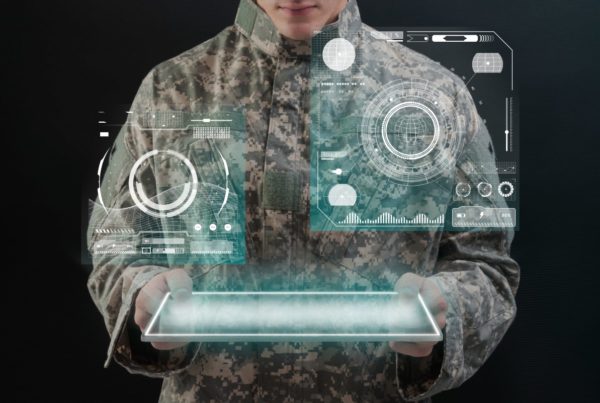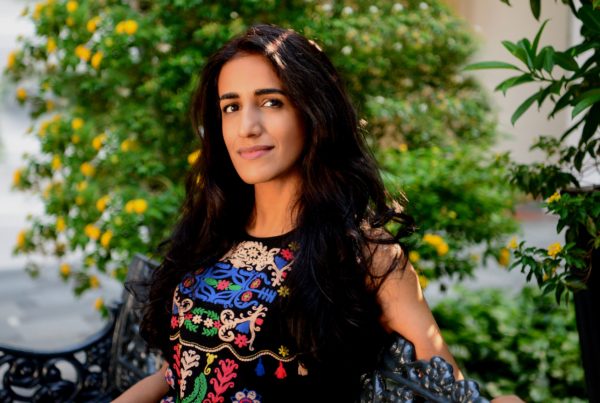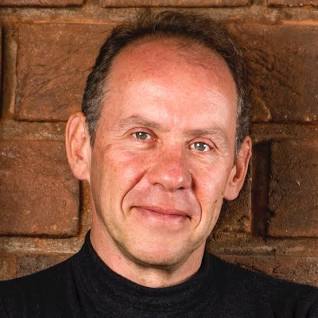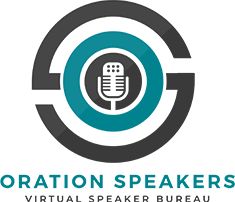Keynote Speaker Category: Artificial Intelligence, Robotics, TED Speakers, TEDX,
RECENT HIGHLIGHTS
Ken Goldberg is a UC Berkeley professor, inventor, and researcher. He has been studying the so-called “grasping robot problem” for over 35 years.
News:
Meet the Berkeley professor who’s helping robots get a grip
Easy for you, tough for a robot
Videos:
Ken Goldberg: The Future of AI and Robotics
Ken Goldberg | Ken Goldberg | TEDxOakland
Singularity or Multiplicity? Envisioning a Benign Robot Future (6:20)
Video Clip from World Economic Forum (5-mins, YouTube):
Other Videos, Interviews, Articles, Press:
http://goldberg.berkeley.edu/presentations-interviews.html
Podcast:
The Third Wave of Robotic Learning
Ken Goldberg | Ken Goldberg | TEDxOakland
BIOGRAPHY
Ken Goldberg is an award winning Roboticist, Filmmaker, and UC Berkeley Engineering Professor. He is also a popular public speaker who combines compelling images and videos in dynamic presentations on emerging Artificial Intelligence and Robotics technologies, sharing insights on how we can prepare for the future.
Ken has been interested in robots, rockets, and rebels since he was a kid. He’s skeptical about claims that humans are on the verge of being replaced by Superintelligent machines yet optimistic about the potential of technology to improve the human condition. Ken developed the first provably complete algorithm for part feeding and the first robot on the Internet.
In 1995 he was awarded the Presidential Faculty Fellowship and in 2005 was elected IEEE Fellow: “For contributions to networked telerobotics and geometric algorithms for automation.” Ken founded UC Berkeley’s Art, Technology, and Culture public lecture series in 1997 serves on the Advisory Board of the RoboGlobal Exchange Traded Fund.
Ken is Chief Scientist at Ambidextrous Robotics and on the Editorial Board of the journal Science Robotics. He served as Chair of the Industrial Engineering and Operations Research Department and co-founded the IEEE Transactions on Automation Science and Engineering. Short documentary films he co-wrote were selected for Sundance and one was nominated for an Emmy Award.
In the media:
In automated warehouses, robots’ reach exceeds their grasp
The Essential Interview: Dr. Ken Goldberg, UC Berkeley
UC Berkeley robotics lab wants to fully automate a polyculture garden
SPEAKER TOPICS
Musk vs. Zuck: Are AI and Robots a Threat…or an Opportunity?
Artificial Intelligence (AI) has surpassed humans at Jeopardy and Go, and driverless cars are widely believed to be around the corner. News articles claim we’re on the brink of a “Singularity” where robots will steal 50% of our jobs. Are AI and Robots an existential threat to humans as Elon Musk warns? Or is Mark Zuckerberg right in stating that humans have many good years ahead? “Automation Anxiety” has a long history, with widespread pronouncements about the imminent loss of jobs to Automation in the 1950s, 1960s, and 1980s. Drawing on his experience as a robotics and AI research expert, Goldberg explores these issues in three parts: 1) What Isn’t New, 2) What Is New, and 3), How We Can Prepare. Ultimately, Goldberg reveals how new innovations will empower humans, not replace them, revealing the potential for new trends such as “Cloud Robotics”, and “Multiplicity”.
The New Wave in Robot Grasping
Despite 50 years of research, robots remain remarkably clumsy, limiting their applications in home decluttering, warehouse order fulfillment, and robot-assisted surgery. The First Wave of grasping research, still dominant, uses analytic methods based on screw theory and assumes exact knowledge of pose, shape, and contact mechanics.
The Second Wave is empirical: purely data driven approaches which learn grasp strategies from many examples using techniques such as imitation and reinforcement learning with hyperparametric function approximation (Deep Learning). The New Wave is based on hybrid methods that combine analytic models to bootstrap Deep Learning models, where data and code is exchanged via the Cloud using emerging advances in cloud computing and big data. I’ll present our lab’s work on the Dexterity Network (Dex-Net), an emerging New Wave approach that allows robots to grasp a broad range of novel objects.
Cultivating the Uncanny: Art, Fear, and Fascination with Technology
Engineers, animators, and designers apply the concept of the Uncanny Valley to technologies from AI to Robots to Siri. In 1919, a year before the word “robot” was coined, Sigmund Freud published an influential essay tracing the concept of the Uncanny back to the Renaissance. Goldberg illustrates this history with art that explores the shifting borders between the digital and the natural, including his Emmy-nominated short doc film that explores our collective fear and fascination with robots, the most human of our machines.
Brainstorming At A Global Scale
To brainstorm at the scale of social media, we can use techniques from an unlikely source: Robotics. Goldberg presents recent results on social innovation and collective brainstorming work with the U.S. State Department, General Motors, and the State of California.
Putting the “Turing” into ManufacTuring: Recent Developments in Algorithmic Automation
Automation for manufacturing today is where computer technology was in the early 1960’s, a patchwork of ad-hoc solutions lacking a rigorous scientific methodology. CAD provides detailed models of part geometry. What’s missing is formal models of part behaviour and frameworks for the systematic design of automated systems that can feed, assemble, and inspect parts. “Algorithmic Automation” introduces abstractions that allow the functionality of automation to be designed independent of the underlying implementation and can provide the foundation for formal specification and analysis, algorithmic design, and consistency checking.
RELATED ARTICLES
PLANNING AN EVENT?
For more information on this speaker, contact Oration Speakers directly.


